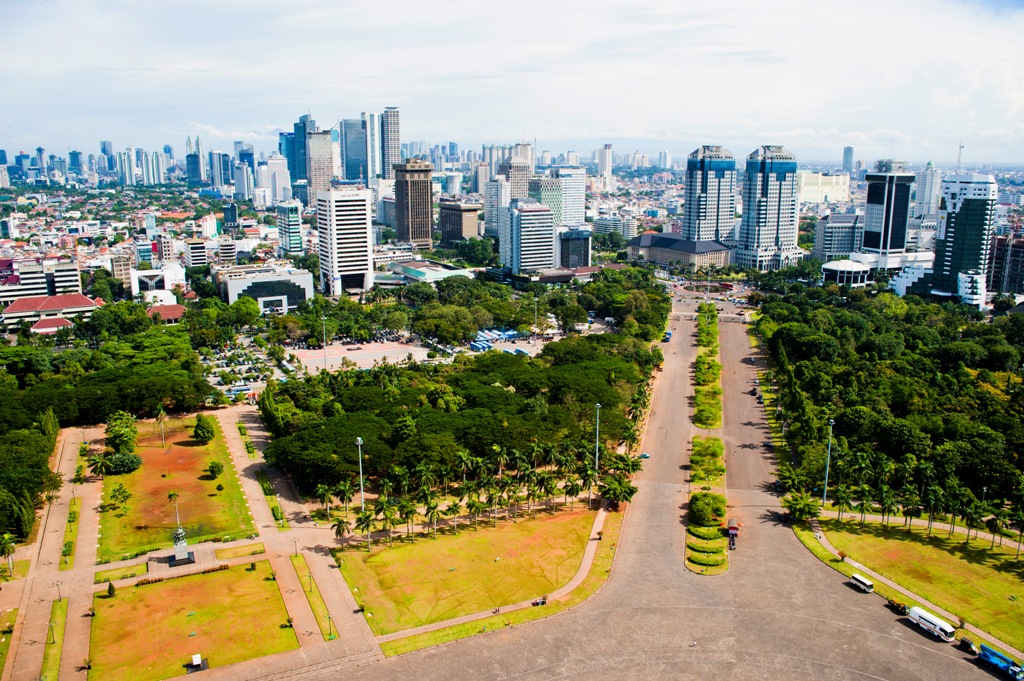


A recent report from property consultancy Jones Lang LaSalle (JLL) Indonesia reveals that investors continue to show strong interest in properties in Jakarta and the surrounding Greater Jakarta metropolitan area, despite the construction of the country's new capital in East Kalimantan [63215ebe]. The real estate market in Jakarta and its periphery remains robust and is mainly driven by commercial considerations rather than external influences [63215ebe]. In the second quarter, investors focused on six key sectors: landed residences, office buildings, hotels, serviced apartments, retail, and alternative properties such as schools, hospitals, senior living centers, and gas stations [63215ebe]. Surabaya in East Java and Bali have also emerged as alternative markets attractive to both foreign and local investors [63215ebe]. Jakarta, with its current population of 11 million, is projected to grow to over 25 million by 2035, while Greater Jakarta is estimated to house a population of 35.4 million people, making it the second most populous urban area after Tokyo-Yokohama, Japan [63215ebe]. Investors are becoming more detailed in their calculations, considering factors like purchasing power and market growth potential [8bf70d2c]. Despite a cautious approach in the second half of the year due to potential impacts of a United States recession on Indonesia's economy, investors remain optimistic about the Jakarta property market and are closely monitoring it to ensure sustainable returns [63215ebe].
Indonesia's new capital city, Nusantara, remains unfinished and faces challenges as it prepares for a partial opening [f1b421eb]. Outgoing President Joko Widodo plans to host the country's first Independence Day celebration in Nusantara, showcasing the city's modern features [f1b421eb]. However, construction progress has been slow, and doubts remain about the remote location's ability to bridge economic divides [f1b421eb]. The official timeline envisions a phased transformation over the next 20 years [f1b421eb]. Incoming President Prabowo Subianto has expressed commitment to the project, but doubts persist about his level of dedication [f1b421eb]. The project has struggled to attract significant investment, and critics question its profitability [f1b421eb]. Lessons from previous capital relocations suggest that success depends on political decisions and moving the capital to an existing city rather than building from scratch [f1b421eb].